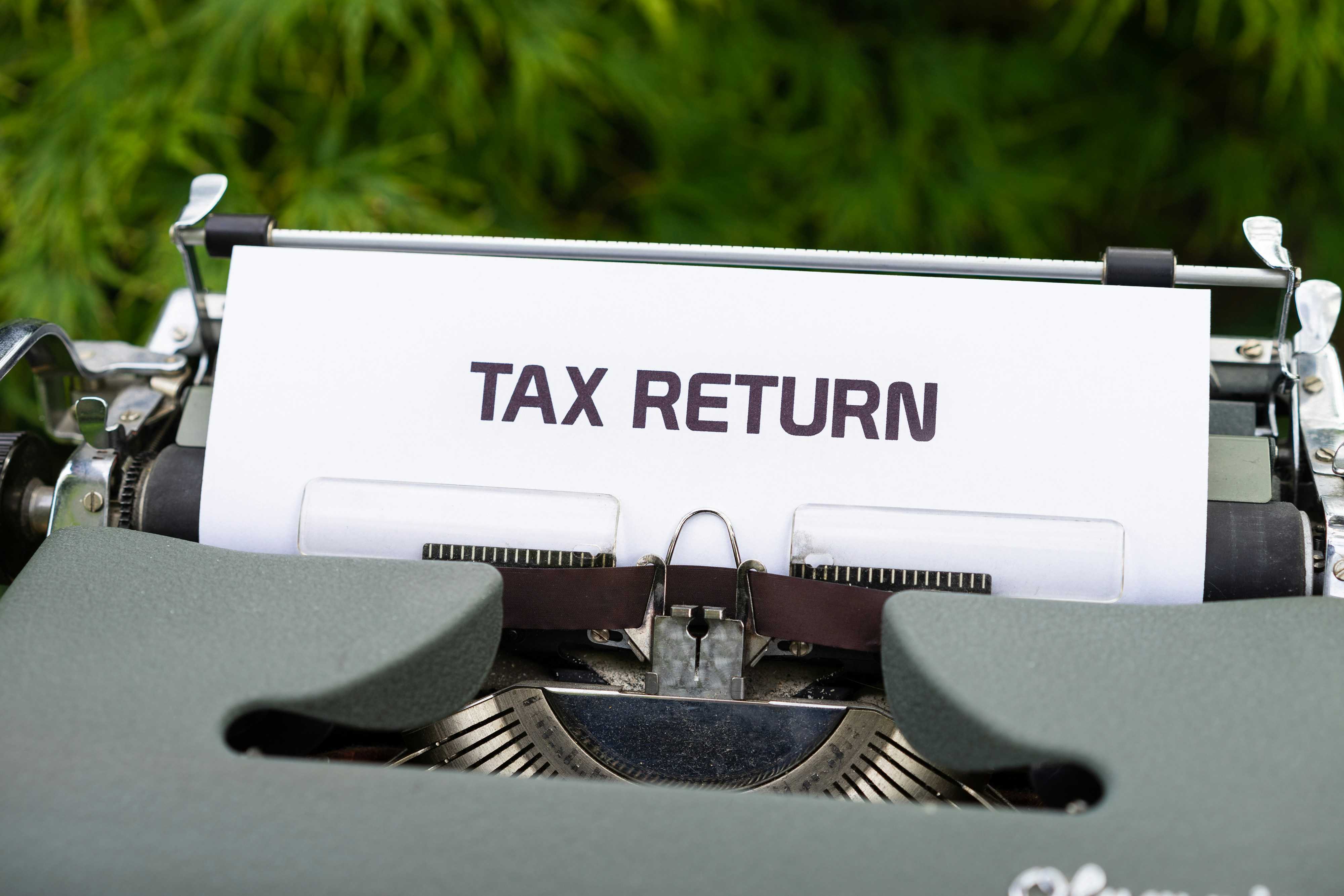Have you gotten a surprise tax bill lately, even though your income hasn't changed much? You're not alone. Changes to tax rules could mean you owe more than you thought for the 2023/24 tax year.
Here's why:
• Shrinking tax-free amounts: The government has frozen or reduced most tax thresholds, like the amount you can earn before paying tax (personal allowance) and the tax-free portion of dividends you receive. This can push you into a higher tax bracket even if your income stays the same.
• Rising income, rising taxes: Increases in pensions, interest earned, or even the State Pension can bump you above the tax-free limit. For example, some people who only receive a State Pension are now finding themselves liable for taxes for the first time.
• Haven't filed before? You might need to now: If your income now exceeds the tax-free thresholds, you have a responsibility to inform HMRC, even if you haven't filed a tax return previously.
What to Do:
- Check Your Tax Situation: Take some time to review your income for the 2023/24 tax year and compare it to the current tax-free allowances.
- Inform HMRC (if needed): If your income exceeds the tax-free limits, you need to let HMRC know. You can usually do this through your online personal tax account, or by calling them (though call wait times might be long).
- Remember, Banks Talk: Don't be tempted to ‘forget’ to report interest income – banks and building societies automatically send information to HMRC.
Similar situations apply to capital gains tax: The amount you can earn from selling assets without paying tax has also been reduced.
Taking Action is Key!
Don't wait for a surprise tax bill. By checking your situation and informing HMRC if necessary, you can avoid penalties and ensure you're paying the right amount of tax.
Please contact us if you are in any doubt about whether you need to file a self-assessment tax return for 2023/24.


